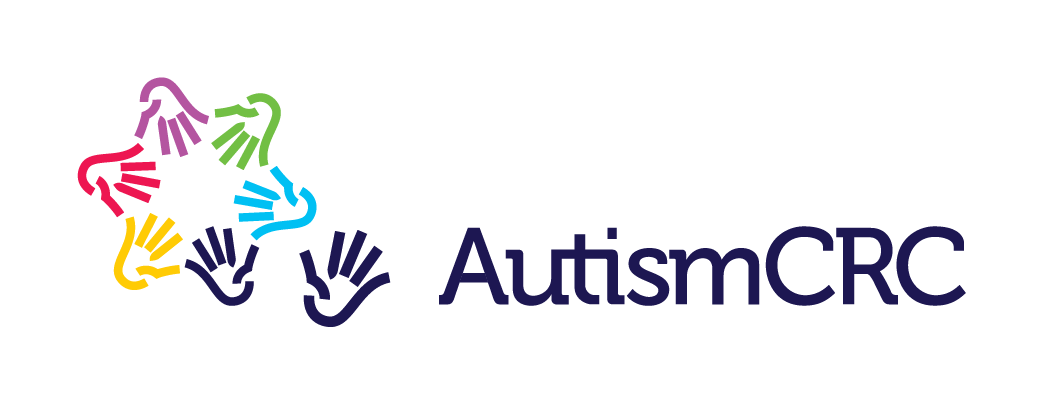Working in the gig economy

Gig economy is a phrase you might have come across on the news or in conversation, but what does it mean, especially for neurodivergent young people?
Read on to discover how the gig economy could work for you, and its potential pitfalls.
What is the gig economy?
The gig economy is made up of individuals who work casually or as sub-contractors rather than being a permanent part-time or full-time employee.
Often gig economy work is piecemeal - made up of different types of work, or 'gigs'. For example, someone may work two days per week as a musician, followed by three days per week as an Uber driver, and evening work as a copywriter. The idea is that someone may fill their week with gig work to cover their living costs.
Let's look at some of the pros and cons of working in the gig economy:
Pros
- you can choose work based on your interests and passions
- you can choose work that's flexible around other non-paid or voluntary roles
- you can work more or less depending on your savings goals
- you can create your schedule, which is great if you need regular breaks or need to structure or control your environment
- you can choose different types of gigs to keep work interesting and reduce burnout
- you can be your boss! You have more independence, autonomy and control over your workload, which means you decide how much or how little you want to work.
Cons
- your income can be change from week-to-week, which may cause financial stress
- your work may be unstable, which isn't great if you desire routine and familiarity in your workplace
- you have less job security than in a permanent role, as gigs sometimes dry up, leaving you without work you won't receive sick leave, annual leave, or automatic contributions to your superannuation or tax made. You'll have to manage these yourself, which can be overwhelming or expensive.
- you will need to handle things like taxes, invoices, and scheduling yourself, which can be challenging if you struggle with executive functioning or organisational skills.
Things for neurodivergent people to consider
Working in the gig economy means you can be your own boss. You choose work that suits your interests and lifestyle and manage your own schedule. To make the gig economy work for you, try to:
- Set realistic goals: Figure out how much time and energy you can reasonably commit to gig work. Breaking tasks into smaller steps can help support your focus and motivation.
- Know which of your passions or interests can be monetised and how: doing something you're interested in will help with focus and motivation. Research your interests and how they may be monetised, if at all.
- Create routines: a lack of routine and job insecurity is a definite pitfall. The variable working life of the gig economy means you may need to be flexible regarding job expectations and schedules. Build a schedule based on when you feel most energetic.
- Create a budget: it helps to develop a budget to cover the ups and downs of your income so you aren't caught out when a bill arrives. Know your monthly expenses, such as rent, bills, phone plans, or streaming services. Save extra money when you have busy weeks to prepare for slower times. Use apps that track income and expenses.
- Track deadlines: working in the gig economy also means you will need good structures to keep you on track with your work-related activities and deadlines. There might be periods of higher intensity which require longer hours, followed by lower intensity work. Figure out how you like to track deadlines (through calendar events on your phone, email, visual schedules, or other apps) to keep you on track.
--
The gig economy offers flexibility and variety, which can be great for neurodivergent individuals. However, it also requires self-discipline, organisation, and financial planning because there's no guaranteed income, job security, or benefits. Finding the right balance between work and self-care is key to making the gig economy work for you!

